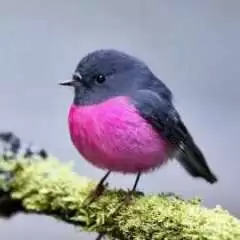-
Welcome to Celiac.com!
You have found your celiac tribe! Join us and ask questions in our forum, share your story, and connect with others.
-
Celiac.com Sponsor (A1):
Celiac.com Sponsor (A1-M):
-
Get Celiac.com Updates:Support Our Content
Your art and relationship to art on gluten
-
Get Celiac.com Updates:Support Celiac.com:
-
Celiac.com Sponsor (A17):
Celiac.com Sponsor (A17):
Celiac.com Sponsors (A17-M):
-
Recent Activity
-
- knitty kitty replied to Charlie1946's topic in Related Issues & Disorders45
Severe severe mouth pain
@Charlie1946, Sorry I sidetracked your thread a bit. Apologies. Proton pump inhibitors, like Omeprazole, change the pH in our gastrointestinal systems which allows opportunistic microbes to move in and take over. Have you been checked for SIBO? There's a significant link between length of Omeprazole use and SIBO. I had SIBO, thrush (Candida... -
- Charlie1946 replied to Charlie1946's topic in Related Issues & Disorders45
-
- Aretaeus Cappadocia posted a topic in Gluten-Free Foods, Products, Shopping & Medications0
Brown Rice Vinegar (organic) from Eden Foods is likely gluten free
Traditional brown rice vinegars are made by fermenting brown rice and water with koji (Kōji 麹). The gluten risk comes from the method of preparing the koji: rice, wheat or barley may be used. Regardless of the starting grain, "koji" typically will be listed as an ingredient, and that term alone does not indicate gluten status. I called Eden Foods re...- brown rice vinegar
- ingredients
- (and 2 more)
-




Recommended Posts
Create an account or sign in to comment
You need to be a member in order to leave a comment
Create an account
Sign up for a new account in our community. It's easy!
Register a new accountSign in
Already have an account? Sign in here.
Sign In Now